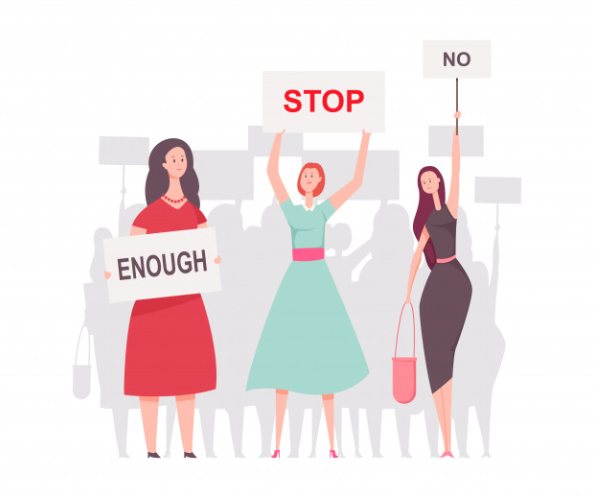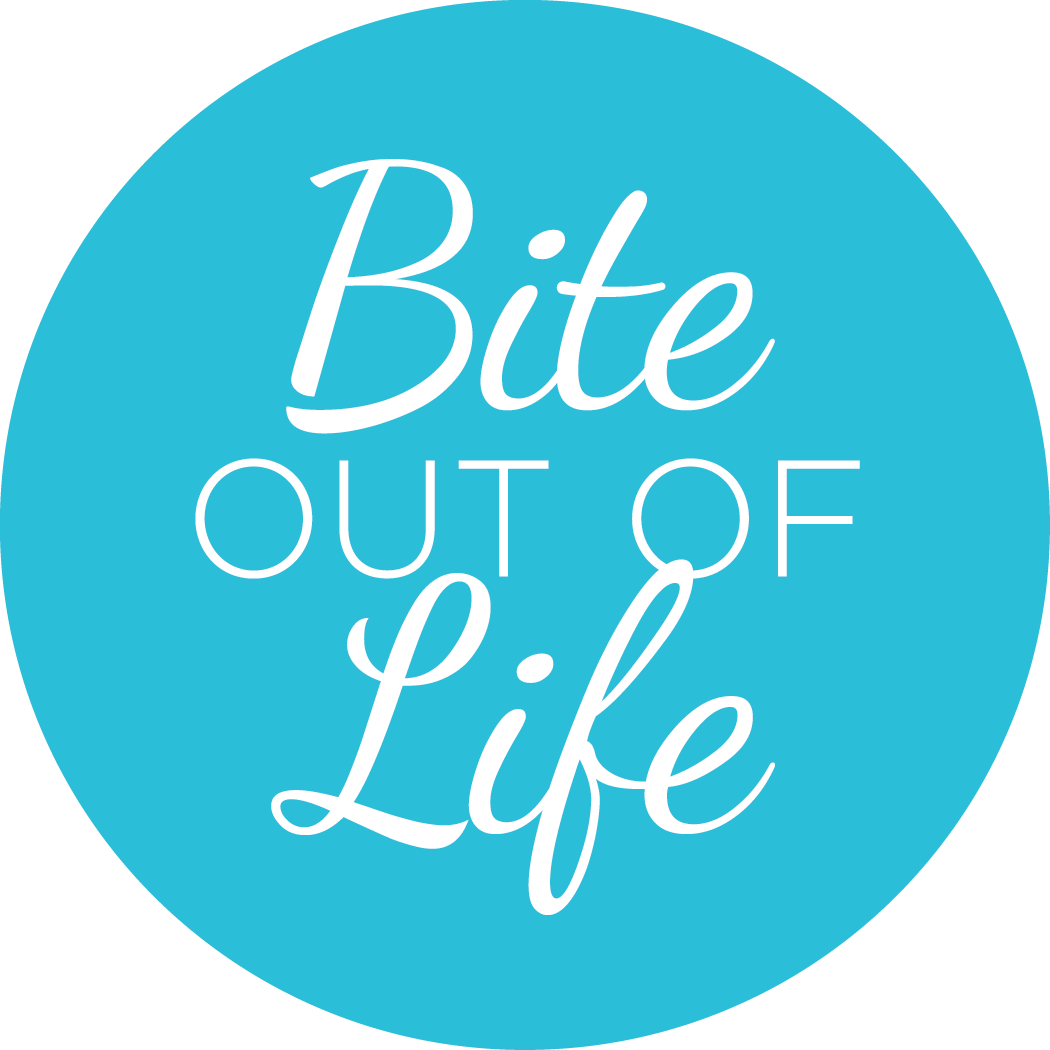 There are two sides to the NO coin when it comes to your health and your hormones. So in the continuing exploration of the ABCs of Healthy Hormones, let’s look at N for No (and maybe negativity) and the impact that can have.
There are two sides to the NO coin when it comes to your health and your hormones. So in the continuing exploration of the ABCs of Healthy Hormones, let’s look at N for No (and maybe negativity) and the impact that can have.
On the one hand, saying NO is one way to set up boundaries. And boundaries are healthy. They say, ‘I am important. My needs are important. My values are important. How and with whom I choose to spend my time is my own business. I do not require anyone’s approval to set my priorities or to live my life.’
All good things to believe and assert, right? But often harder to articulate when we are faced with a request that you really don’t want to do…… but are feeling the pressure – implicit or articulated – to comply with.
It might be to ‘have just one little bite’ of something that you know will not be good for your health or the changes you are trying to make in your diet while out with family or friends. It might be to join in an activity – a party, a book club meeting, a volunteer task – that’s just not your thing or that you have no time for in an already packed schedule. It might be agreeing to let someone ‘pick your brain’ over coffee – even though it’s what you do for a living and they are taking up valuable billable time and asking you to essentially work for free. (Yep, I am speaking from personal experience in all these cases).
We all like to avoid conflict and most of us truly want to be helpful to others if we can. And who wants to be the person missing out on a fun time? So we say yes…. sometimes through gritted teeth …. then feel yuk. Or mad. Or overwhelmed. Or worst of all, bubbling with resentment. These stressful situations are guaranteed to raise those cortisol levels and put extra pressure on your adrenal glands. And you know what happens then, right? A cascade of issues that start to trigger imbalances in your hormonal health.
Brené Brown says that when her team of researchers asked a pile of people why they don’t set boundaries, the number one reason was “I don’t want to make people mad, disappoint others, or make them stop liking me”, followed closely by “I don’t know how to set boundaries without sounding selfish or unlikeable.”
We all want to be liked – even when it’s not healthy for us. It comes from deep inside, from the belief that we are not enough just as we are – and that we have to try to please others in order to be accepted. And, oh boy – since when is doing something that is good for our own physical or mental or emotional health selfish? I know, I know….we’ve allowed ourselves to be taught that ridiculous lesson somewhere in our past and are saddled with that baggage. But now’s the time to put that sh#t aside for the sake of your hormonal health and overall wellness!
Marie Forleo, a business coach and super smart entrepreneurial cookie, maintains that saying NO is an act of kindness. Not just for yourself but for those that have asked you to do The Thing. After all – if you are resentfully doing whatever you’ve been asked – how fun or inspiring or uplifting is that for the person who asked, now and in the future when you start to avoid them for fear of being cornered and pressured again?
When you reframe saying NO from being a negative to being a gift of self-care and kindness, all of a sudden it gets easier to understand the importance of living within your boundaries and how to keep them intact.
I am not going to pretend it’s easy – but there are some strategies you can employ to get better at saying no with kindness and integrity. Brené has 3 suggestions:
- Make a mantra
- Keep a resentment diary
- Rehearse
You can read the details of her tips here – but all of these are uncomplicated and practical ways to trigger new behaviours and protect your boundaries with love.
On the flip side……
Do you know someone who’s automatic response to anything and everything is negative? Do you ever feel like when you are under pressure it becomes your default position to just say NO without considering the possibilities of yes? If you haven’t read Shonda Rhimes awesome book, The Year of Yes, that’s a great place to start when looking at how even a person who seemingly has it ‘all’, was limiting her life and hurting her health because of her knee-jerk response to saying NO to everything.
Humans are hardwired to defend against threats so from the depths of our reptilian survival brain comes the ‘whoa, I don’t think so’ response when we face something new, difficult or risky or when we are overwhelmed or out of sync with our boundaries.
We tend to prioritize bad over good, meaning that we stay hyper-vigilant for anything that might be perceived as ‘dangerous’. This gives us what is known as a negativity bias and this bias can lead us down the path of expending all our emotional reserves on what’s going wrong instead of what’s going awesome in our lives. Because after all – when life is rosy and rockin’ – who needs to ruminate on the picky details? But traffic, a missed deadline, a disagreement with our partner, a slip off the eating plan you are working on and boom! It’s all-out war.
Research now shows that negative emotions and attitudes do result in significant health issues. Thoughts cause neurochemical changes in the brain and throughout all the cells of the body. When you feel happy or grateful, your body gets a surge of dopamine or serotonin. When you feel or constantly express negativity, each separate emotion releases a flurry of neuropeptides – proteins – that then disperse through the body and latch on to the matching receptors on every cell. Once locked in, these neuropeptides then influence the cell to act a certain way (ie: become even more negative) and this increases the likelihood that when the cell divides, more negative cells will result. And that my friends, predisposes you to be more negative in everyday life.
Vicious circle, right?
Negative emotions have also been shown to increase the risk of cardiovascular diseases, increase inflammation and de-activate the natural cell repair system in your body, making it more difficult to get over trauma or injury. There will also be a jump in both cortisol and epinephrine, those powerful stress hormones that can also influence levels of insulin. And as you know, insulin is a fat storage hormone.
But perhaps one of the most concerning outcomes of hopping on the NO train is that negativity can suppress your immune system, making you vulnerable to catch – and even spread – illness and disease.
To NO or not to NO?
So what’s the answer? Say NO too often and you risk cellular damage. Agree to everything and get overwhelmed with resentment.
Boundaries. You need them and it’s important to prioritize them.
It is not about limiting opportunities to connect with people, to have new and different experiences, to be helpful to others. But by knowing what’s important, you can set and communicate your boundaries with grace and kindness. And that will leave you with more space to enjoy your life and more capacity to keep your hormones healthy and happy.
(Worried you won’t be able to say NO when the time comes? Marie wrote some helpful scripts about how to say it with kindness and with authenticity to the important people in your life. You can get it here.)
References:
https://www.huffpost.com/entry/how-your-thoughts-change-your-brain-cells-and-genes_b_9516176
https://www.mindbodygreen.com/0-9690/scientific-proof-that-negative-beliefs-harm-your-health.html
